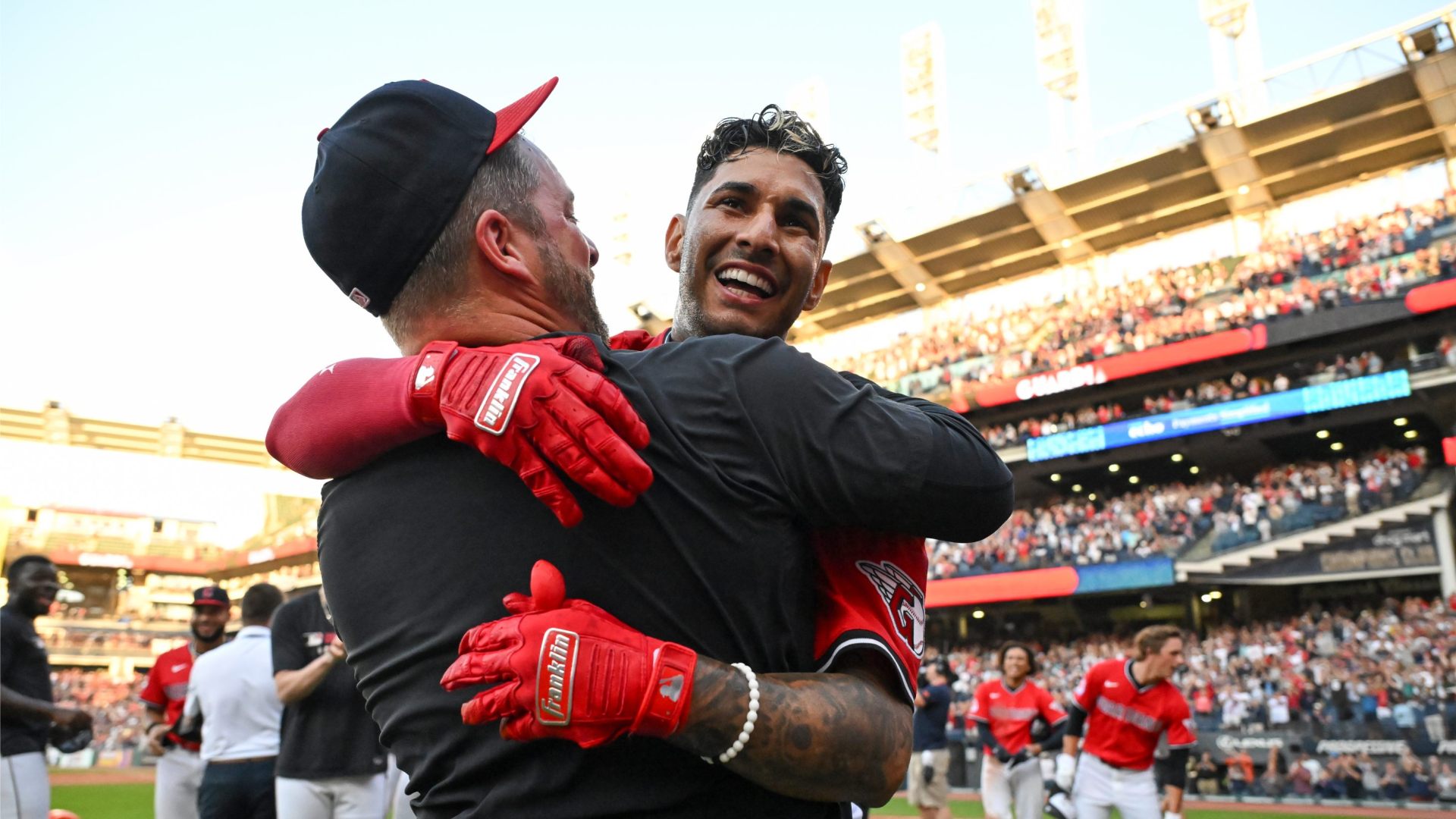Major League Baseball, what’s not to love?
A lot of people don’t love it, and for good reason. Some batters swing for home runs, even with two strikes, instead of trying to make contact and advance a runner. Some pitchers are just throwers, not artists painting the strike zone. Some $30 million players are whiners. Besides, football has more smashups, basketball a constant flow.
And yet, Major League Baseball’s regular season, with its relentless, day-after-day 162-game pace, is a test of character. That’s particularly true at season’s end, where after 161 games some playoff spots depended on the last day’s results: In the American League, for example, Sunday’s games made the Toronto Blue Jays champions of the east and the Cleveland Guardians winners of the central division.
To get another sense of closeness at the edge in baseball as compared to other sports, in the American League the best team won only 8 percent more games than the sixth and last team to make the playoffs, and 40 percent more than the worst team in the league. In the National Football League, by comparison, the best team won 40 percent more games than the lowest team to make the playoffs, and 367 percent more than the worst team in the league.
The song that still chokes me up at the end of each NCAA basketball tournament, “One Shining Moment,” is about one kind of tension:
The ball is tipped,
And there you are.
You’re running for your life. …
Time is short,
And the road is long.
In the blinking of an eye,
Ah, that moment’s gone.
But the MLB season, which started at the end of March, is not short: six months with “games” every day.
Little League events should be games. MLB contests are not. Savannah Bananas exhibitions are fun like an annual trip to the circus, but the season that just concluded required long diligence in the same direction. Paul thought lengthy competition was worth remembering. He wrote to Timothy about his hard season: “I am already being poured out like a drink offering, and the time for my departure is near.I have fought the good fight, I have finished the race, I have kept the faith” (2 Tim. 4:6–7).
Two millennia later, two writers captured this sense of perseverance and persevered themselves. Roger Angell wrote at The New Yorker for over 70 years and died at age 101 in 2022. Bart Giamatti left the presidency of Yale University and became MLB’s commissioner in 1989 but served only five months. He died of a heart attack at age 51, eight days after banishing Pete Rose from baseball for gambling.
Sin affects sport as it does everything else, yet Angell wrote this in The Summer Game: Baseball “requires a full season, hundreds and hundreds of separate games, before quality can emerge. … Baseball’s clock ticks inwardly and silently, and a man absorbed in a ball game is caught in a slow, green place of removal and concentration and in a tension that is screwed up slowly and ever more tightly with each pitcher’s windup and with the almost imperceptible forward lean and little half-step with which the fielders accompany each pitch.”
Is that tension bad, and should we shun the result: someone wins, someone loses? Paul drew from earthly experience when he wrote to the Corinthians, “Do you not know that in a race all the runners run, but only one gets the prize? Run in such a way as to get the prize” (1 Cor. 9:24). A baseball season is not spiritual life or death, but it’s more than entertainment, for as Giamatti wrote to the Americans, “Winning is not everything but it is something powerful, indeed beautiful, in itself, something as necessary to the strong spirit as striving is necessary to the healthy character.”
For those with a strong spirit, baseball is full of frustration. By “character” I don’t mean the ability to come up big in the clutch, exciting though that is. It’s more a batter not going small when he hits a line drive—but directly at a fielder.
Character is dealing with disappointment. Baseball is the sport that best reflects a fallen world in which a person can do what’s right—and life goes wrong. As Giamatti wrote, “It breaks your heart. It is designed to break your heart.”
And when a fielder makes an error? Angell wrote, “What really makes baseball so hard is [its] retributive capacity for disaster if the smallest thing is done wrong, and the invisible presence of defeat that attends every game.” Character is also bravely standing up when a small thing done wrong becomes crushing.
Angell described a postgame television close-up of a future Hall of Famer after the Boston Red Sox were one strike away from winning the 1986 World Series, then failed: “Wade Boggs, sitting alone in the dugout with tears streaming down his face …. I suppose we should all try to find something better or worse to shed tears for than a game, no matter how hard it has been played, but perhaps it is not such a bad thing to see that men can cry.”
The American League and National League playoffs begin Tuesday.













